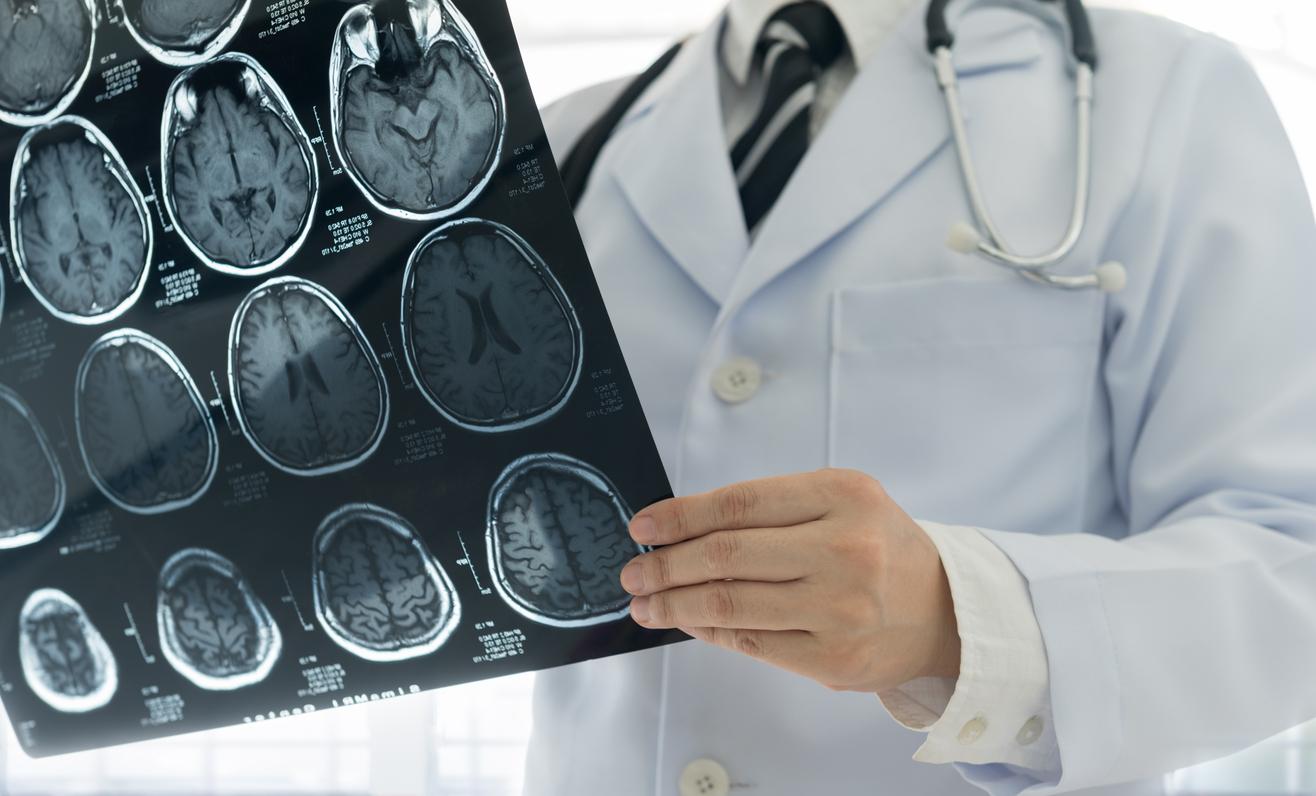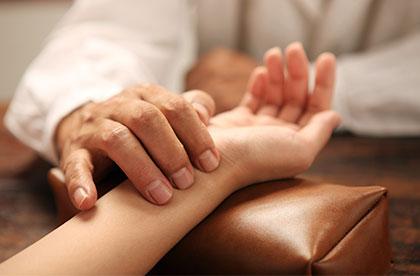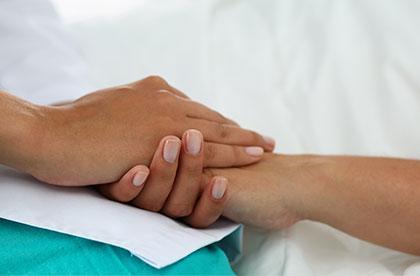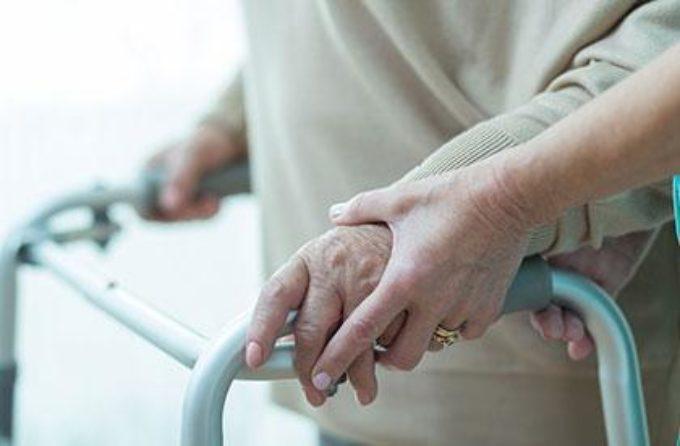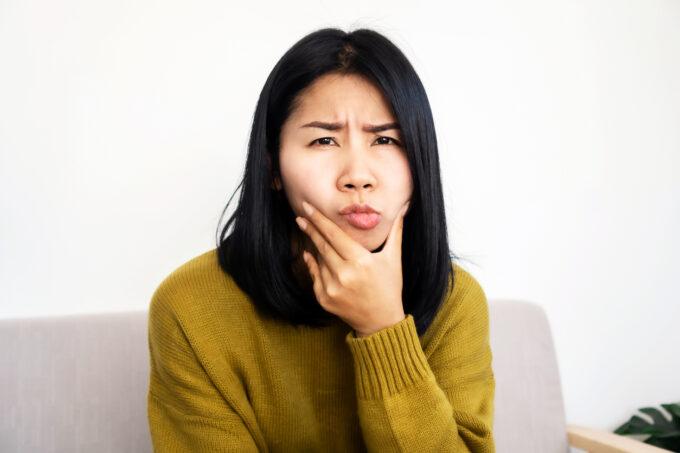Neurological disorders encompass a diverse array of conditions that intricately affect the network of cells and nerves in the human brain and spinal cord, resulting in disruptions to the normal functioning of the nervous system. These disorders exhibit a broad spectrum of symptoms, ranging from subtle cognitive impairments to profound physical disabilities.
Individuals grappling with neurological disorders may encounter challenges related to movement, sensation, speech, and cognition. Notable examples of the impact of neurological disorders are evident in stroke rehabilitation, where individuals strive to regain lost functions, and conditions like Bell’s Palsy, which temporarily paralyse facial muscles.
By integrating early intervention with Traditional Chinese Medicine (TCM) treatments and Western therapeutic modalities, we can establish a more comprehensive approach that is essential for elevating the quality of life for individuals affected by neurological disorders.





